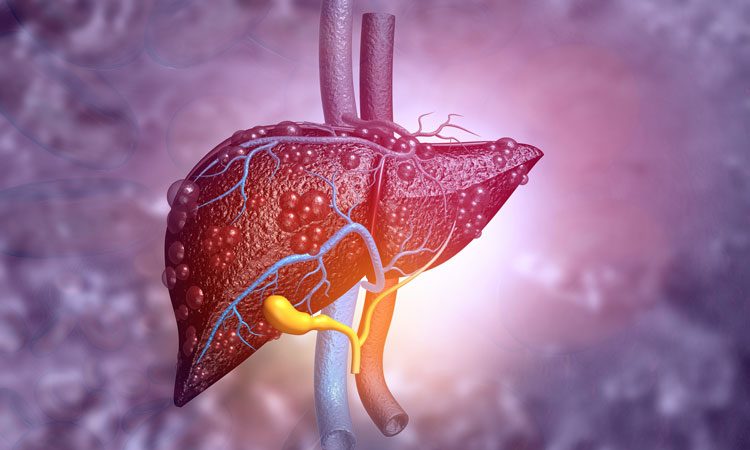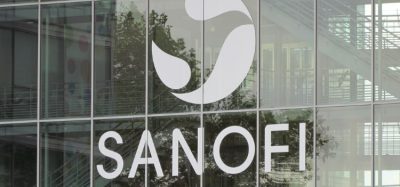Aramchol™ reduces fibrosis progression in 24 weeks
Posted: 1 November 2021 | Anna Begley (European Pharmaceutical Review) | No comments yet
Aramchol reduced liver fibrosis progression in 15 out of 16 patients and did not worsen non-alcoholic steatohepatitis in almost half of patients.


Galmed Pharmaceuticals has announced results from the first 16 patients in the open-label part of the ARMOR Phase III study who underwent a scheduled post-baseline biopsy and were treated with Aramchol™ for fibrosis.
End of treatment biopsies were performed for eight patients at 24 weeks, six at 48 weeks and two at 72 weeks. Altogether treatment with Aramchol reduced fibrosis progression in 15 out of the 16 patients. 50 percent showed fibrosis improvement by ≥1 stage. In 19 percent of patients, fibrosis was reduced by two points. 44 percent patients displayed fibrosis improvement without worsening of non-alcoholic steatohepatitis (NASH). Moreover, Aramchol continued to show good safety and tolerability.
ARMOR is a Phase III study comprised of two-parts, an open-label part and a randomised, double-controlled, placebo part, designed to evaluate the safety and efficacy of Aramchol. The first part, an open-label study, is designed to evaluate treatment response kinetics, pharmacokinetics and safety of twice daily administration of Aramchol 300mg in approximately 150 subjects with NASH and liver fibrosis stage 1-3.
The second part, a randomised, double-blind, placebo-controlled study, is designed to evaluate the safety and efficacy of twice daily administration of Aramchol 300mg to support regulatory approval, with both a histology-based phase and a clinically-based phase. As currently designed, a total of 2000 subjects with NASH and liver fibrosis stage 2 and 3 who are overweight and are either pre-diabetic or have type 2 diabetes are expected to be randomised 2:1 to receive Aramchol 300mg BID or matching placebo.
Key points from the open-label part of the study include:
- Treatment with Aramchol 300mg reduced fibrosis progression measured by histology in 15 out of the 16 patients completed as of data cutoff
- 50 percent of the 16 patients showed fibrosis improvement by ≥1 stage, seen as early as 24 weeks
- Data demonstrates that treatment with Aramchol 300mg BID resulted in clinically significant greater histological improvement than observed previously with Aramchol 600mg.
“The data we present today provides initial clinical support for our hypothesis that higher Aramchol exposure results in improved clinical benefit and that a direct anti-fibrotic effect of Aramchol may be manifested as early as 24 weeks,” stated Allen Baharaff, President and Chief Executive Officer of Galmed. “The findings are a direct outcome of the drug development optimisation work we have carried since the completion of the Phase IIb ARREST study in our mission to de-risk our Phase III study and bring to the market a leading drug for NASH and fibrosis.”
Related topics
Big Pharma, Clinical Trials, Data Analysis, Dosage, Drug Safety, Research & Development (R&D), Therapeutics









